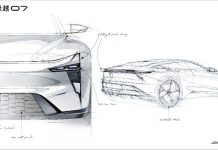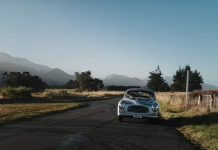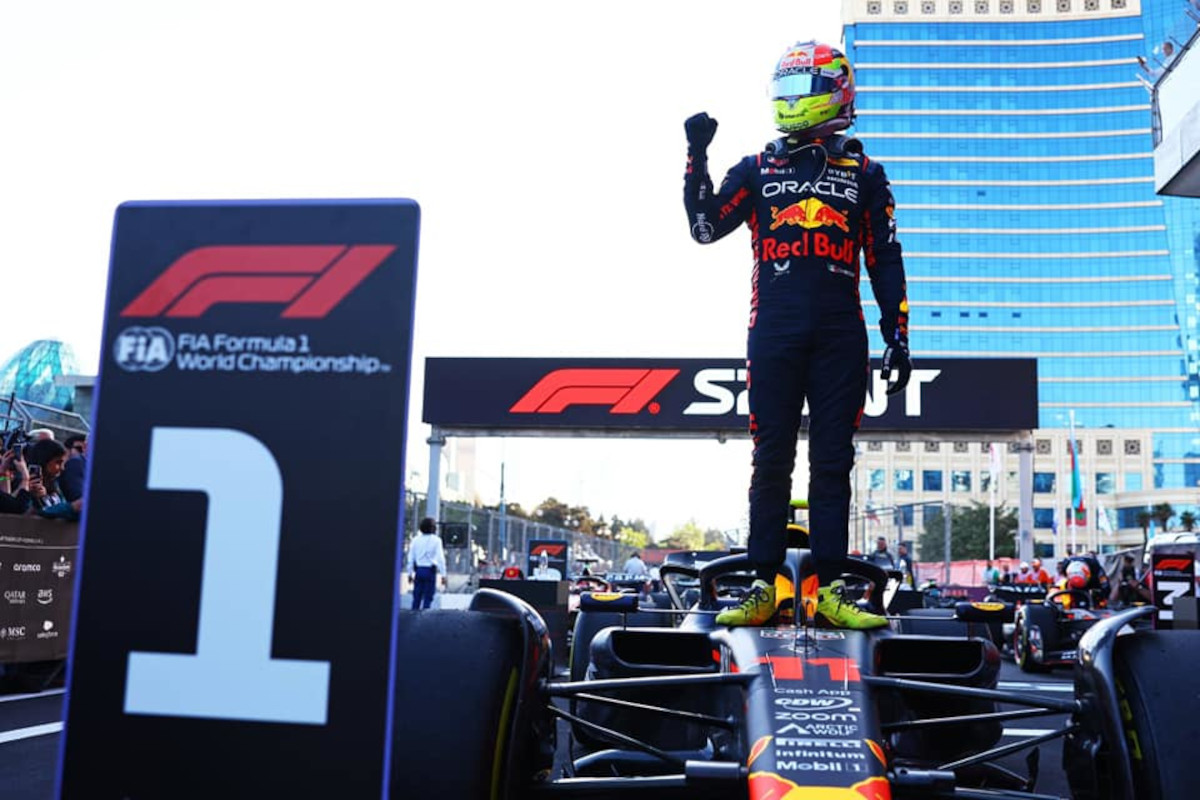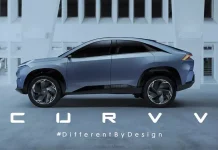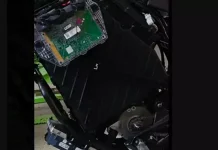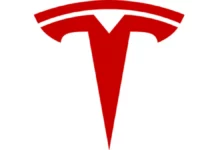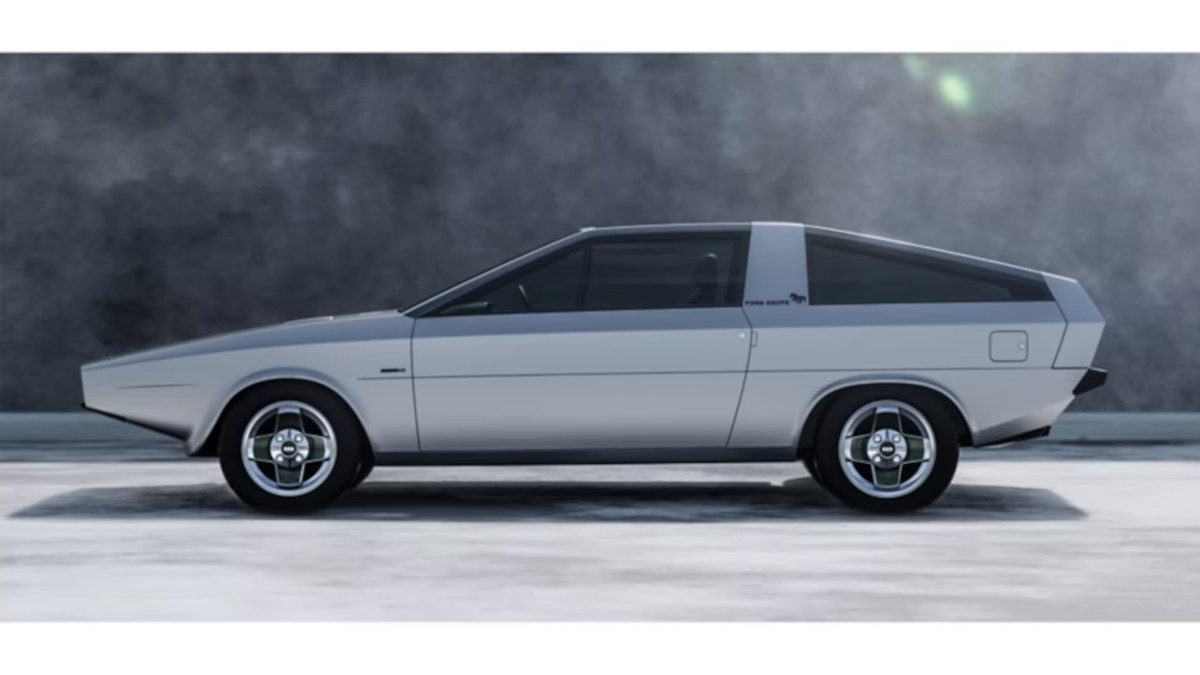Pony Coupe Concept! The car had a sleek wedge shape with a truncated tail, reminiscent of Italian sports cars and grand tourers from that era. Space-age aesthetics inspired its design, and it featured an aircraft canopy-style interior with a seven-window configuration above the door-line, giving it a unique and futuristic look.
Read: Lexmoto unveils XDV300
A rear-wheel drive setup with a 1.2-litre inline-four engine powered the Pony Coupe Concept. Although the power output of 82 horsepower at 6,000rpm may seem modest by today’s standards, it was in line with the performance of cars from that period.

Attention
While the concept garnered significant attention and showed promise, it faced challenges due to various economic and industrial factors. These factors ultimately led to the project’s demise, preventing it from entering production. However, the Pony Coupe Concept is essential to the brand’s history and identity.
Recently, there has been a restoration effort led by the original designer, Giorgetto Giugiaro. The Pony Coupe Concept has been rebuilt using the exact specifications and materials as the original 1974 concept. This restoration project aims to bring the concept car back to life and preserve its historical value for automotive enthusiasts and fans of the brand.
Aspirations
Indeed, the Hyundai Pony Coupe Concept holds an important place in the history of Hyundai’s automotive aspirations. Introduced during a time when Hyundai was still establishing itself as a global automaker, the Pony Coupe Concept showcased the company’s ambition to enter the sports car market and establish a reputation for innovation and design.
The Pony Coupe Concept boasted a distinctive and eye-catching aesthetic, reflecting Hyundai’s desire to create a unique and memorable sports car. Its design elements were ahead of their time, capturing the era’s spirit with sleek lines, aerodynamic features, and a sporty stance. The concept car showcased Hyundai’s ability to create vehicles that were not only practical but also visually appealing.
Economic conditions
However, the adverse global economic conditions in the late 1970s, including the oil crisis and subsequent economic downturn, created a challenging environment for the automotive industry. These conditions posed significant obstacles to the production and commercial viability of the Pony Coupe Concept. As a result, Hyundai had to prioritize its resources and focus on other segments to navigate the economic challenges of the time.
Despite the Pony Coupe Concept not reaching commercial production, its significance lies in the determination and ambition it represented for Hyundai. It reflected Hyundai’s commitment to long-term leadership in the automotive industry, not only in design and aesthetics but also in innovation and technology.

EVs
Fast forward to the present day, and Hyundai has indeed continued to demonstrate its boldness and determination in pushing the boundaries of automotive technology. The company has emerged as a leader in electrification, offering a range of electric vehicles (EVs) and plug-in hybrids. Hyundai’s commitment to electrification aligns with global efforts to transition to cleaner and more sustainable forms of transportation.
Furthermore, Hyundai has also made significant advancements in hydrogen fuel cell technology. Hydrogen-powered vehicles like the Hyundai Nexo represent Hyundai’s dedication to developing alternative fuel sources and promoting a greener future. Hyundai continues positioning itself as an innovative and forward-thinking automotive company by investing in high-performance hydrogen technology.
Read More: Ducati offers huge discount
Commitment
While the Pony Coupe Concept may have been lost to history, its spirit of determination and ambition lives on in Hyundai’s current electrification and high-performance technology endeavours. The company’s ongoing leadership in these areas reinforces its commitment to shaping the future of the automotive industry.
Source: Hyundai



